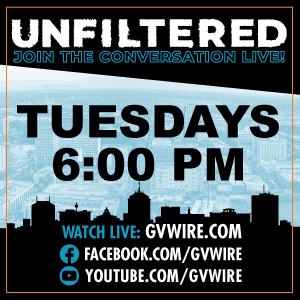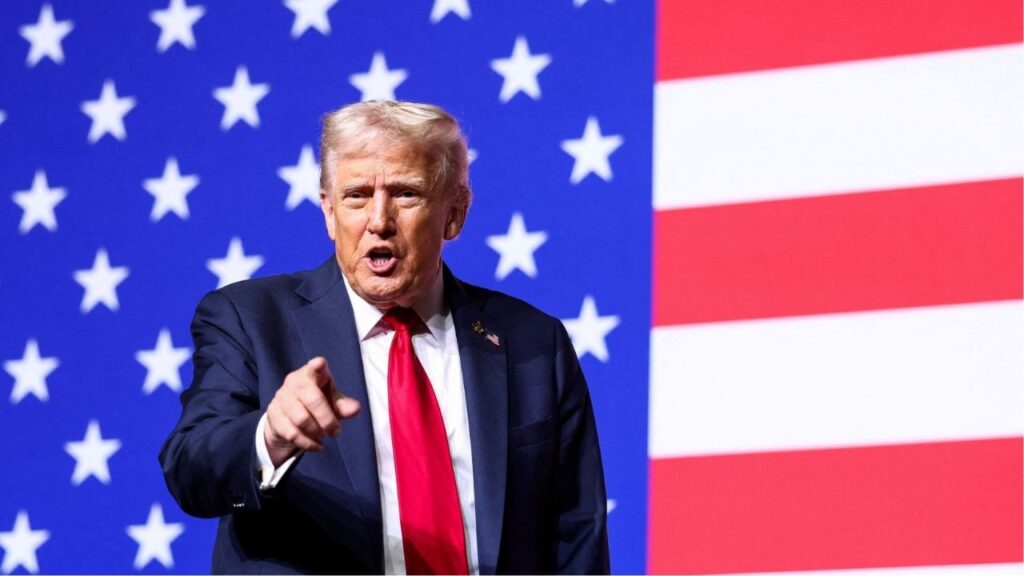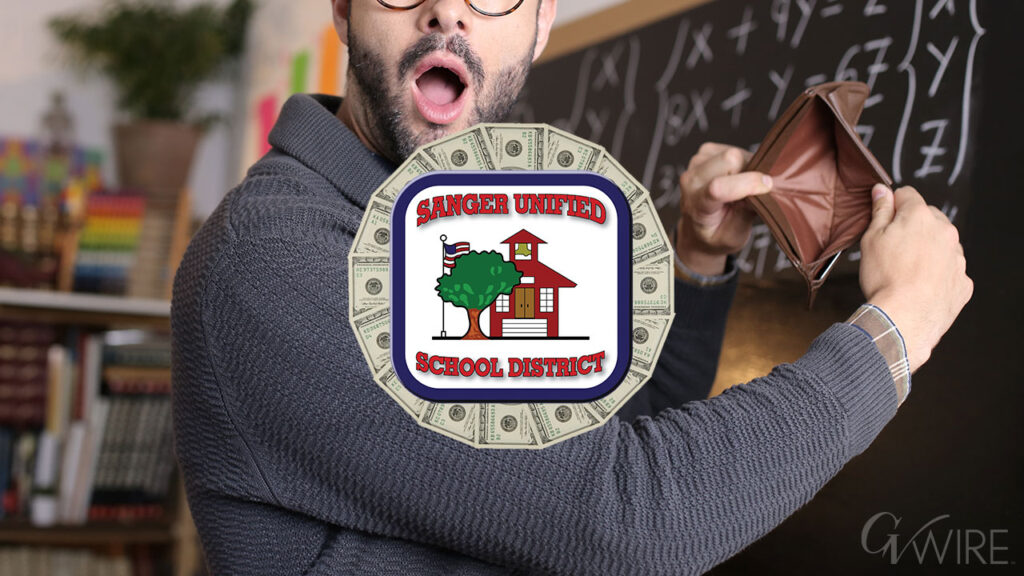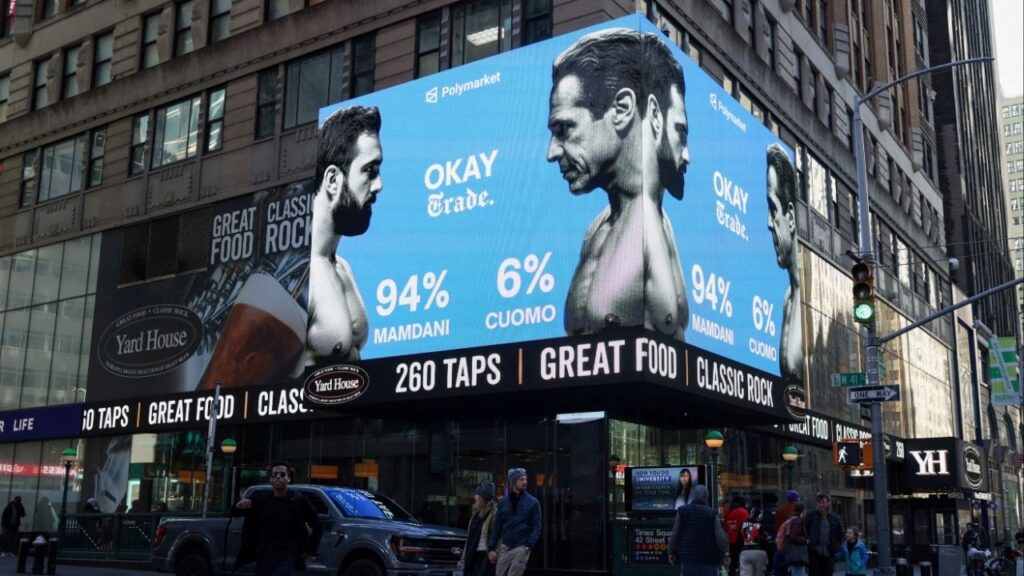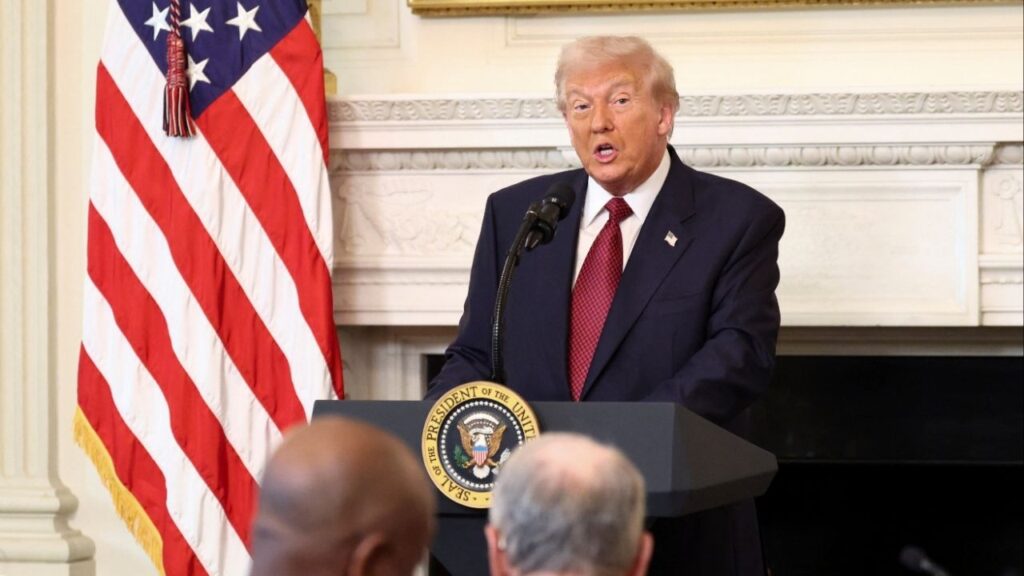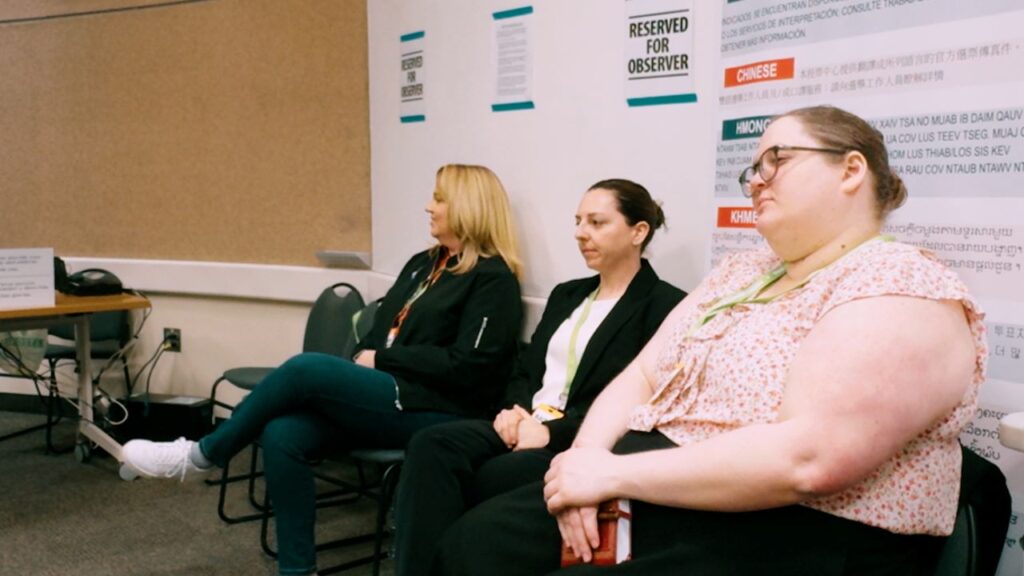Gallup analysis reveals a significant shift towards liberal views among young women, potentially shaping future political landscapes. (AP File)

- Young women's liberal identity extends beyond labels, with substantial increases in liberal views on key issues.
- The trend of young women becoming more liberal accelerated during Obama's presidency and after Trump's election.
- Solid majorities of young women now hold liberal views on abortion, environment, and gun laws, priming them for political activation.
Share
|
Getting your Trinity Audio player ready...
|
WASHINGTON — Young women are more liberal than they have been in decades, according to a Gallup analysis of more than 20 years of polling data.
Over the past few years, about 4 in 10 young women between the ages of 18 and 29 have described their political views as liberal, compared with two decades ago when about 3 in 10 identified that way.
For many young women, their liberal identity is not just a new label. The share of young women who hold liberal views on the environment, abortion, race relations and gun laws has also jumped by double digits, Gallup found.
Related Story: Poll: Conservatives Can’t Speak as Freely on College Campuses as Liberals
A Shift in Political Identity and Views
Young women “aren’t just identifying as liberal because they like the term or they’re more comfortable with the term, or someone they respect uses the term,” said Lydia Saad, the director of U.S. social research at Gallup. “They have actually become much more liberal in their actual viewpoints.”
Becoming a more cohesive political group with distinctly liberal views could turn young women into a potent political force, according to Saad. While it is hard to pinpoint what is making young women more liberal, they now are overwhelmingly aligned on many issues, which could make it easier for campaigns to motivate them.
Young women are already a constituency that has leaned Democratic — AP VoteCast data shows that 65% of female voters under 30 voted for Democrat Joe Biden in 2020 — but they are sometimes less reliable when it comes to turnout.
Related Story: What Have We Liberals Done to the West Coast?
Factors Influencing the Ideological Shift
Young women began to diverge ideologically from other groups, including men between 18 and 29, women over 30 and men over 30, during Democrat Barack Obama’s presidency. That trend appears to have accelerated more recently, around the election of Republican Donald Trump, the #MeToo movement and increasingly successful efforts by the anti-abortion movement to erode abortion access. At the same time, more women, mostly Democrats, were elected to Congress, as governor and to state legislatures, giving young women new representation and role models in politics.
The change in young women’s political identification is happening across the board, Gallup found, rather than being propelled by a specific subgroup.
Taylor Swift’s endorsement Tuesday of Democratic presidential nominee Kamala Harris, after her debate against Trump, illustrated one of the issues where young women have moved to the left. In Swift’s Instagram announcing the endorsement praised Harris and running mate Tim Walz for championing reproductive rights.
Related Story: Harris Surges Ahead of Trump in Poll, Gains Support from Women and Hispanics
Significant Shifts on Key Issues
The Gallup analysis found that since the Obama era, young women have become nearly 20 percentage points more likely to support broad abortion rights. There was a roughly similar increase in the share of young women who said protection of the environment should be prioritized over economic growth and in the share of young women who say gun laws should be stricter.
Now, Saad said, solid majorities of young women hold liberal views on issues such as abortion, the environment, and gun laws.
Young women are “very unified on these issues … and not only do they hold these views, but they are dissatisfied with the country in these areas, and they are worried about them,” she said. That, she added, could help drive turnout.
“You’ve got supermajorities of women holding these views,” she said, and they are “primed to be activated to vote on these issues.”





